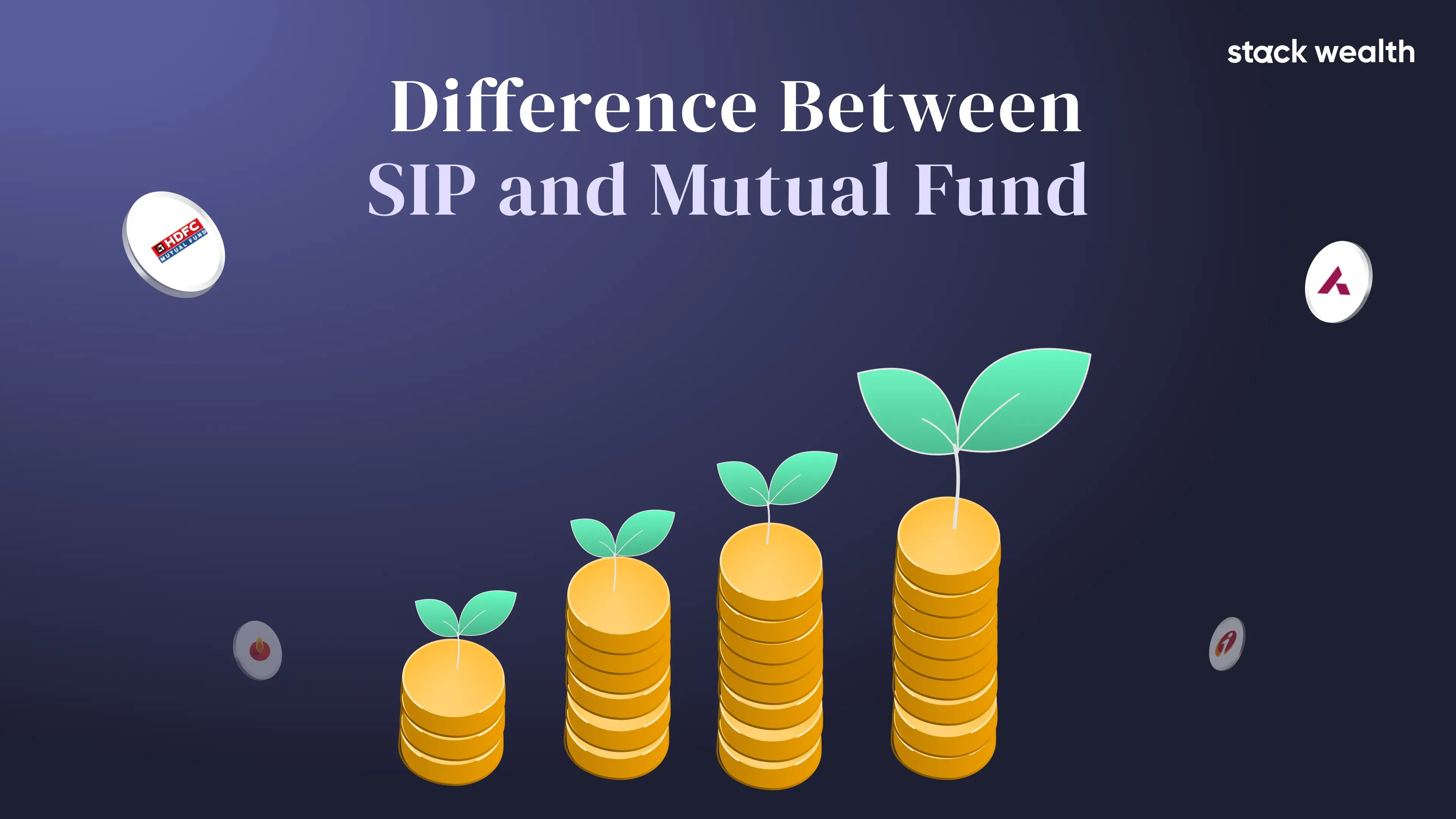Pharma Mutual Funds
Pharma Mutual Funds invests primarily in the pharmaceutical and healthcare sectors, offering investors exposure to companies that manufacture medicines, medical devices, biotechnology, and healthcare services. These funds are ideal for those looking to capitalise on the growth of the healthcare industry.
What is a Sectoral-Pharma Mutual Fund?
Sectoral-Pharma Mutual Funds are sector-specific funds that focus exclusively on pharmaceutical companies. They invest in stocks of drug manufacturing, biotechnology, healthcare services, and medical research companies. These funds are highly concentrated in the healthcare sector, offering investors an opportunity to benefit from the growth and advancements in medical science and healthcare innovations.
Features of Pharma Mutual Funds
- High Growth Potential: The global pharmaceutical industry is expected to grow at a CAGR of 7.3% from 2023 to 2030, driven by innovation and an ageing population.
- Sector-Specific Exposure: These funds provide targeted exposure to the pharmaceutical sector, allowing investors to leverage this industry's growth.
- Volatility: Pharma Mutual Funds can be volatile due to market factors like regulatory changes, patent approvals, or technological disruptions.
- Long-Term Investment: Pharma funds are best suited for investors with a long-term horizon, as the healthcare sector may experience cyclical downturns but offer consistent growth potential over time.
List of Pharma Mutual Funds
Who Should Invest in Pharma Mutual Funds?
Pharma Mutual Funds are ideal for:
- Investors with High-Risk Appetite: Due to sectoral concentration, these funds are volatile and suited for investors willing to take high risks.
- Those Looking for Long-Term Gains: The pharmaceutical sector has a long-term growth trajectory, making it suitable for investors looking for potential gains over 5 to 10 years.
- Investors Seeking Diversification: For those with a diversified portfolio, adding a sector-specific fund like pharma can enhance diversification by providing exposure to healthcare, which may perform independently of other sectors.
Risks Associated with Pharma Mutual Funds
- Regulatory Risks: Changes in government policies, approvals, and patent laws can significantly impact the profitability of pharmaceutical companies.
- Concentration Risk: Since these funds are focused on a single sector, the pharma industry's poor performance could severely affect returns.
- Global Factors: International regulations, supply chain disruptions, and competition from global players can introduce risks to Indian pharma companies.
- Volatility: Pharma stocks can be sensitive to news, including drug approvals or rejections, which may lead to price fluctuations.
How to Invest in Sectoral-Pharma Funds?
You can invest in Pharma Mutual Funds via:
- Direct Investment: Through the fund house’s website or app by completing KYC and making direct purchases.
- Online Platforms: Mutual fund platforms like Stack Wealth offer easy access to Pharma Mutual Funds.
- SIP (Systematic Investment Plan): For a disciplined approach, investors can opt for SIPs to invest a fixed amount regularly and average out market volatility.
Taxation on Pharma Mutual Funds
Pharma Mutual Funds are taxed similarly to equity funds. The tax structure depends on the holding period:
- Short-Term Capital Gains (STCG): If sold within three years, the gains are taxed at 20%.
- Long-Term Capital Gains (LTCG): If held for more than three years, the gains above ₹1 lakh are taxed at 12.5% without indexation benefit.
In summary, Pharma Mutual Funds provide exposure to the growing pharmaceutical and healthcare sectors, making them a high-potential but high-risk investment option. Investors with a long-term investment horizon and high-risk tolerance may find these funds valuable to their portfolio.


















